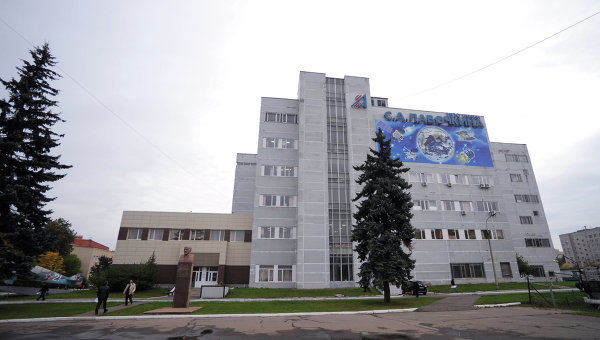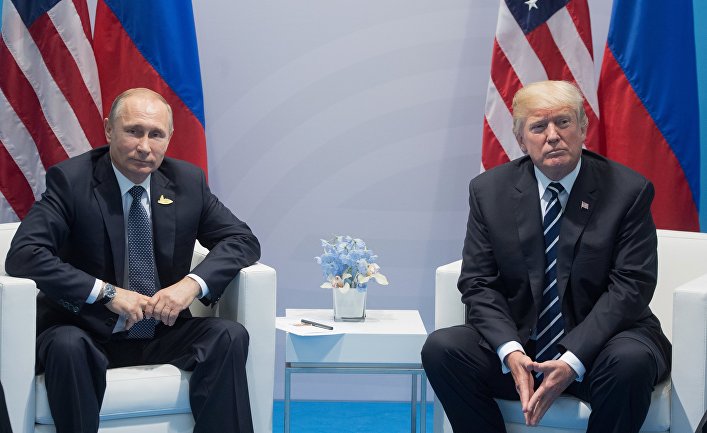
 Russia’s Lavochkin aerospace company has won a defense ministry tender on the development of a series of five high-resolution optical-electronic surveillance satellites worth almost 70 billion rubles ($2.2 bln), the Izvestia newspaper said.
Russia’s Lavochkin aerospace company has won a defense ministry tender on the development of a series of five high-resolution optical-electronic surveillance satellites worth almost 70 billion rubles ($2.2 bln), the Izvestia newspaper said.The company’s General Director Viktor Khartov said in an interview with Izvestia, published on Wednesday, that Lavochkin will design and build the satellite while the electronic payload will be initially acquired abroad.
"The share of domestically-produced electronic equipment in the payload will gradually increase so that by the end of the project we would be able to build these satellites on our own,” Khartov said.
European EADS consortium, Thales Alenia Space and Israel Aerospace Industries are being considered as potential suppliers of the electronic equipment for the satellites.
Khartov said the draft design of the new satellite will be finished by the end of 2013. The orbital grouping will initially consist of two satellites with further addition of three to form a complete system.
According to the defense ministry’s requirements, the system must be able to produce imagery with sub-meter resolution, which allows, for instance, discerning license plates on cars or even general features of human appearance.
Russia has not been developing equipment of this type since the Soviet era, the Izvestia said.



_jpg/250px-ElbeDay1945_(NARA_ww2-121).jpg)







